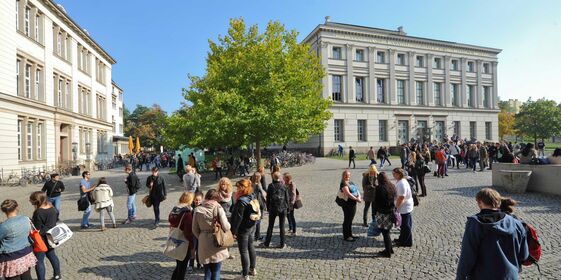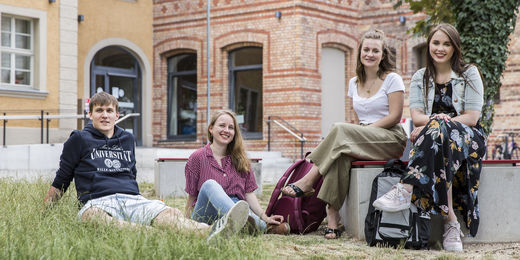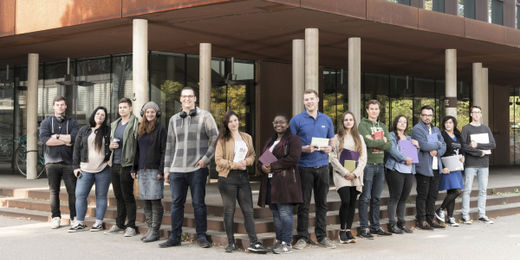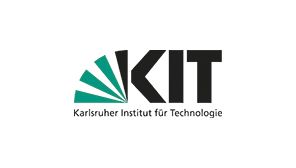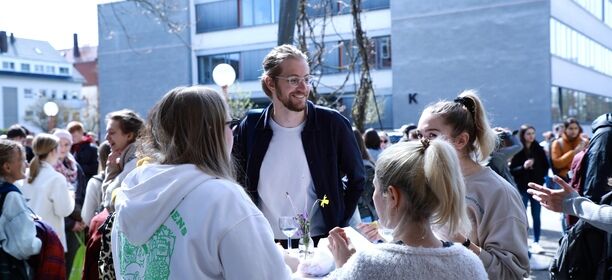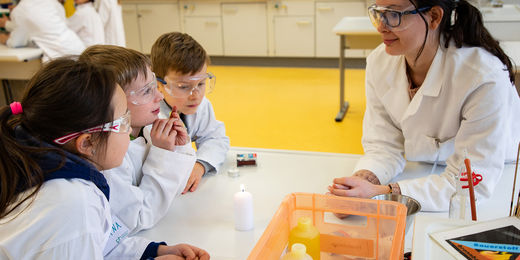Technische Universität Hamburg
- Promotionsrecht: Ja
- Trägerschaft: öffentlich-rechtlich
- 1978 gegründet
- 7.384 Studierende
Am Schwarzenberg-Campus 3 (E)
21073 Hamburg
Tel: 040 42878-0
Hochschule im CHE-Ranking abschneiden.
Die Technische Universität Hamburg gehört zu den Universitäten.
Ja, du kannst an der Technische Universität Hamburg promovieren.
Die Technische Universität Hamburg ist eine öffentlich-rechtliche Hochschule. Es gibt staatliche und staatlich anerkannte Hochschulen, die meist in Universitäten, Fachhochschulen (international: University of Applied Sciences) und Kunst- sowie Musikhochschulen unterteilt werden. Der überwiegende Teil der Hochschulen wird vom Staat finanziert und befindet sich daher in staatlicher Trägerschaft. Dort fallen in der Regel nur geringe Semesterbeiträge an. An den privaten Hochschulen hingegen, die sich über private Trägerschaften finanzieren, können wesentlich höhere Studiengebühren anfallen. Einen Weg, die finanziellen Hürden dieser Hochschulen zu umgehen, können Stipendien darstellen.
Es gibt außerdem Hochschulen, die von der protestantischen oder katholischen Kirche betrieben werden.
Die Technische Universität Hamburg wurde im Jahr 1978 gegründet.
Insgesamt gibt es 7384 Studierende an der Technische Universität Hamburg.
Standort dieser Hochschule ist Hamburg.
Hier findest du die Fristen und Termine für deine Bewerbung:
- Vorlesungszeit:
-
17.10.2022 - 04.02.2023
- Studienanfänger:
-
Die Frist ist abgelaufen
- International Studierende aus der Europäischen Union:
-
Die Frist ist abgelaufen
- International Studierende aus Staaten, die nicht Mitglied der EU sind:
-
Die Frist ist abgelaufen
- Studienanfänger:
-
01.06.2024 - 15.07.2024
- International Studierende aus der Europäischen Union:
-
Die Frist ist abgelaufen
- International Studierende aus Staaten, die nicht Mitglied der EU sind:
-
Die Frist ist abgelaufen
- Studienanfänger:
-
Die Frist ist abgelaufen
- International Studierende aus der Europäischen Union:
-
Die Frist ist abgelaufen
- International Studierende aus Staaten, die nicht Mitglied der EU sind:
-
Die Frist ist abgelaufen
- Studienanfänger:
-
Die Frist ist abgelaufen
- International Studierende aus der Europäischen Union:
-
Die Frist ist abgelaufen
- International Studierende aus Staaten, die nicht Mitglied der EU sind:
-
Die Frist ist abgelaufen
- Vorlesungszeit:
-
02.04.2024 - 13.07.2024
- Studienanfänger:
-
Studienbeginn nur zum Wintersemester
- Studienanfänger:
-
Studienbeginn nur zum Wintersemester
- Studienanfänger:
-
Bis 15.01.2025
- International Studierende aus der Europäischen Union:
-
Bis 15.01.2025
- International Studierende aus Staaten, die nicht Mitglied der EU sind:
-
Bis 15.01.2025
- Studienanfänger:
-
Studienbeginn nur zum Wintersemester
- Vorlesungszeit:
-
17.10.2022 - 04.02.2023
- Studienanfänger:
-
Die Frist ist abgelaufen
- International Studierende aus der Europäischen Union:
-
Die Frist ist abgelaufen
- International Studierende aus Staaten, die nicht Mitglied der EU sind:
-
Die Frist ist abgelaufen
- Studienanfänger:
-
01.06.2024 - 15.07.2024
- International Studierende aus der Europäischen Union:
-
Die Frist ist abgelaufen
- International Studierende aus Staaten, die nicht Mitglied der EU sind:
-
Die Frist ist abgelaufen
- Studienanfänger:
-
Die Frist ist abgelaufen
- International Studierende aus der Europäischen Union:
-
Die Frist ist abgelaufen
- International Studierende aus Staaten, die nicht Mitglied der EU sind:
-
Die Frist ist abgelaufen
- Studienanfänger:
-
Die Frist ist abgelaufen
- International Studierende aus der Europäischen Union:
-
Die Frist ist abgelaufen
- International Studierende aus Staaten, die nicht Mitglied der EU sind:
-
Die Frist ist abgelaufen
- Vorlesungszeit:
-
02.04.2024 - 13.07.2024
- Studienanfänger:
-
Studienbeginn nur zum Wintersemester
- Studienanfänger:
-
Studienbeginn nur zum Wintersemester
- Studienanfänger:
-
Bis 15.01.2025
- International Studierende aus der Europäischen Union:
-
Bis 15.01.2025
- International Studierende aus Staaten, die nicht Mitglied der EU sind:
-
Bis 15.01.2025
- Studienanfänger:
-
Studienbeginn nur zum Wintersemester










